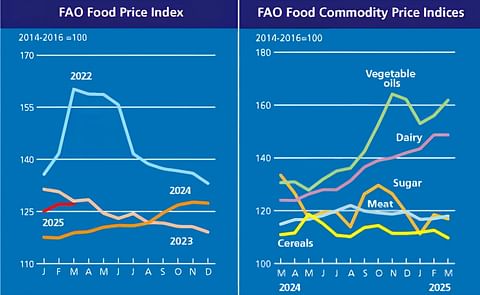McDonald's Corp, the largest purchaser of potatoes in the United States, has agreed to take preliminary steps to reduce pesticide use in its domestic potato supply, shareholder groups said on Tuesday.
Following the agreement, the Bard College Endowment, Newground Social Investment and the AFL-CIO Reserve Fund withdrew a shareholder proposal that, if approved, would have required the company to publish a report on options for cutting pesticide use in its supply chain.
The investors said McDonald's has agreed to survey its U.S. potato suppliers, compile a list of best practices in pesticide use reduction and recommend those best practices to global suppliers. It also will share its findings with investors and include the findings in its annual corporate social responsibility report.














